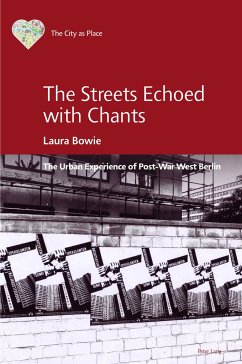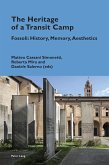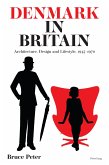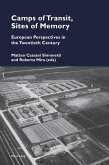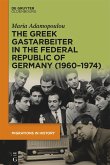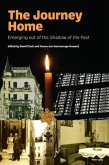What would it have been like to live in the island of West Berlin during the 1960s? What impact did the experience of the post-war context have on the global student movement in the city? By reconstructing the cultural atmosphere of the time and considering the site of West Berlin not only as a city, but also as a home, this book seeks to understand how the world was viewed by the protesting students, how the urban space they were living in influenced their political viewpoint, and how the cultural outputs of the generation created a uniquely symbiotic relationship with the world. This book paints a picture of the transfer of ideas between a variety of intellectual and cultural sources by combining theories that influenced the students' perception of the world with the events centred around the key year of 1968. The intention is to come to an understanding of how the experience of living in West Berlin combined with architecture, and the arts more generally, to form the critique of urban planning and, by extension, society as a whole.
«The 1968 student uprising in West Berlin challenged the Nazi past of the parents' generation and the materialist values of the postwar «economic miracle». In this first account in English, Laura Bowie vividly illuminates the key debate on the future politics of architecture and urbanism.» (Iain Boyd Whyte, Professor of Architectural History, University of Edinburgh)
«This book, based on new archival research, provides detailed insights into one expression of the widespread reaction to established architectural and city planning practices in the 1960s. The use of film by activists to engage politically in the Märkisches Viertel is a distinctive feature of the group surrounding the Diagnose journal.» (Professor Caroline Maniaque, editor of Les années 68 et la formation des architects)
«This book, based on new archival research, provides detailed insights into one expression of the widespread reaction to established architectural and city planning practices in the 1960s. The use of film by activists to engage politically in the Märkisches Viertel is a distinctive feature of the group surrounding the Diagnose journal.» (Professor Caroline Maniaque, editor of Les années 68 et la formation des architects)

